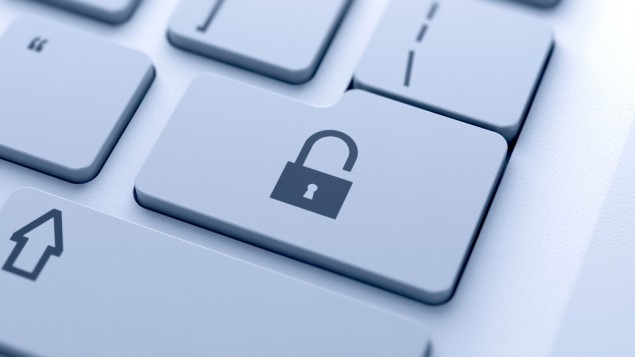Iranian regime hackers have reportedly been targeting US officials involved in formulating American policy toward Tehran.
The cyber warfare unit of the Iranian Revolutionary Guard Corps, an Iranian military force separate from the main and close to the regime’s supreme leader, Ayatollah Ali Khamenei, has engaged in a “flurry” of hacking efforts against the email and social-media accounts of senior officials in the Obama administration, The Wall Street Journal reported Wednesday.
That surge has included policymakers at the US State Department’s Bureau of Near Eastern Affairs and Bureau of Iranian Affairs, the report said, citing unnamed American officials. Academics and journalists linked to Iranian issues were also targeted.
The timing of the hacks may be linked to the October arrest in Iran of the Iranian-American dual citizen Siamak Namazi, an advocate of normalization, and to a broader battle analysts believe is taking place within the Iranian regime over fears by hardliners close to Khamenei that the nuclear deal reached with world powers in July could herald liberalization and a warming of ties with the West.
“US officials were among many who were targeted by recent cyber-attacks,” an administration official was cited by the Journal as saying. While any link to the Namazi arrest was still under investigation, “US officials believe some of the more recent attacks may be linked to reports of detained dual citizens and others,” the official said.
Namazi is the latest American or dual-citizen American-Iranian to be held by Iran on charges of espionage that Western governments have viewed as fraudulent claims meant to justify security crackdowns against advocates of normalization.
Last month, an Iranian court convicted Washington Post reporter Jason Rezaian of espionage over accusations that he was a key figure in a powerful, shadowy American spy operation in the Islamic Republic. US officials and the Washington Post have vehemently denied the accusation and slammed Rezaian’s trial as unjust.
Reacting to the Journal report, a senior administration official told Reuters that “we’re aware of certain reports involving Iran. While I don’t have a comment on the specific reports, we are aware that hackers in Iran and elsewhere often use cyber-attacks to gain information or make connections with targets of interest.”
Namazi’s arrest, together with that of a Lebanese citizen living in the US led to calls from members of Congress critical of Tehran to impose new sanctions on the IRGC, seen as the leading actor in the crackdown on Americans.
“Iran’s threatening behavior will worsen if the administration does not work with Congress to enact stronger measures to push back, including…targeted pressure against Iran’s Revolutionary Guard,” the Journal quoted Senator Mark Kirk (R-Illinois) as saying.
Khamenei and other senior officials have warned that the regime’s longstanding hostility to the United States, which officials still refer to in public speeches as the “Great Satan,” among other epithets, would continue. Khamenei has explicitly cited the nuclear deal reached with six world powers in July and intended to curb the regime’s nuclear program, in exchange for massive easing of international sanctions, as an attempt by the West to weaken his regime. He has recently banned the import of American consumer goods or bilateral talks with the US in the wake of the deal.
An Iranian spokesperson at the nation’s UN mission dismissed the allegations of cyber-attacks, saying his country has been falsely accused of such conduct in the past and that “Iran itself was [the] target of many cyber-attacks.”







